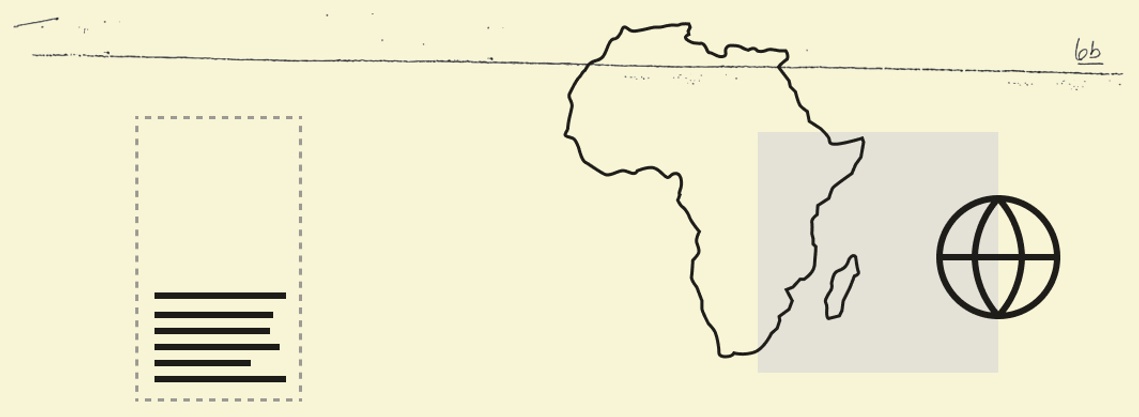 Governance Reuters/Siphiwe Sibeko Reuters/Siphiwe Sibeko 🇿🇦 The African National Congress expelled former South African President Jacob Zuma on Monday. It took the step after Zuma launched a rival party to compete in May’s general election, which helped cost the ANC a parliamentary majority for the first time since the end of apartheid in 1994. 🇺🇬 A Ugandan court charged 36 supporters of an opposition party with terrorism offenses, which they denied, after they were deported from neighboring Kenya where they had reportedly traveled to attend a course. 🇸🇸 South Sudan’s main political opposition said they were committed to exiting the ongoing Tumaini Initiative for peace negotiations in Nairobi, arguing its original purpose had been diverted. 🇿🇦 South Africa’s President Cyril Ramaphosa named Mandisa Maya as the country’s first female chief justice. Maya, 60, was the first Black woman to be appointed a judge of the Supreme Court of Appeal and the first woman to be appointed deputy president. Tech 🇳🇬 Nigeria’s telecoms regulator directed mobile network operators to reactivate phone lines that were suddenly disconnected over the weekend, as part of a bid to push subscribers to link phone numbers with their national identification numbers, a move which sparked widespread frustration. Deals 🇰🇪 Shareholders of Kenyan cement company Bamburi agreed to an acquisition offer of $180 million from Tanzania’s Amsons Group. 🇳🇬 Nigeria’s fourth largest telecoms operator 9Mobile was acquired by British company LH Telecoms for an undisclosed sum. 🌍 Private equity firm Adenia Partners acquired the subsidiaries of French industrial gas producer Air Liquide in 12 African countries, including Ghana, Senegal and DR Congo. Security🇲🇱 The Tuareg separatist group in Mali claimed victory over the country’s army and Russia’s Wagner Group after intense fighting last Thursday in the Tinzaouatene district. The insurgents said they had seized weapons and taken prisoners. 🇿🇦 South African police said they had arrested 95 Libyan nationals suspected to be receiving military training illegally on Friday. 🇨🇩 The US treasury imposed sanctions on members of the Congo River Alliance for fuelling violent conflict and civilian displacement in the DR Congo. 🇹🇿 The US and Tanzania are in talks on potential support interventions to prevent fighting between Islamic State-backed insurgents and Mozambique’s army forces from spilling across the border and into the country. Energy🇿🇦 French oil giant TotalEnergies said on Monday it would exit the Brulpadda and Luiperd gas fields off the coast of South Africa, saying they were not economically viable to develop. 🇪🇬 Egypt’s petroleum and mineral resources ministry said it had signed agreements with Shell Egypt, Malaysia’s Petronas, and Cheiron Energy to invest $340 million to boost oil and gas production in the Mediterranean and Gulf of Suez. Mining🇹🇿 Tanzania agreed to pay Australian-based mining company Indiana Resources $90 million for unlawful expropriation of the Ntaka Hill Nickel Project, after the East African nation changed its mining laws in 2017 and 2018. |